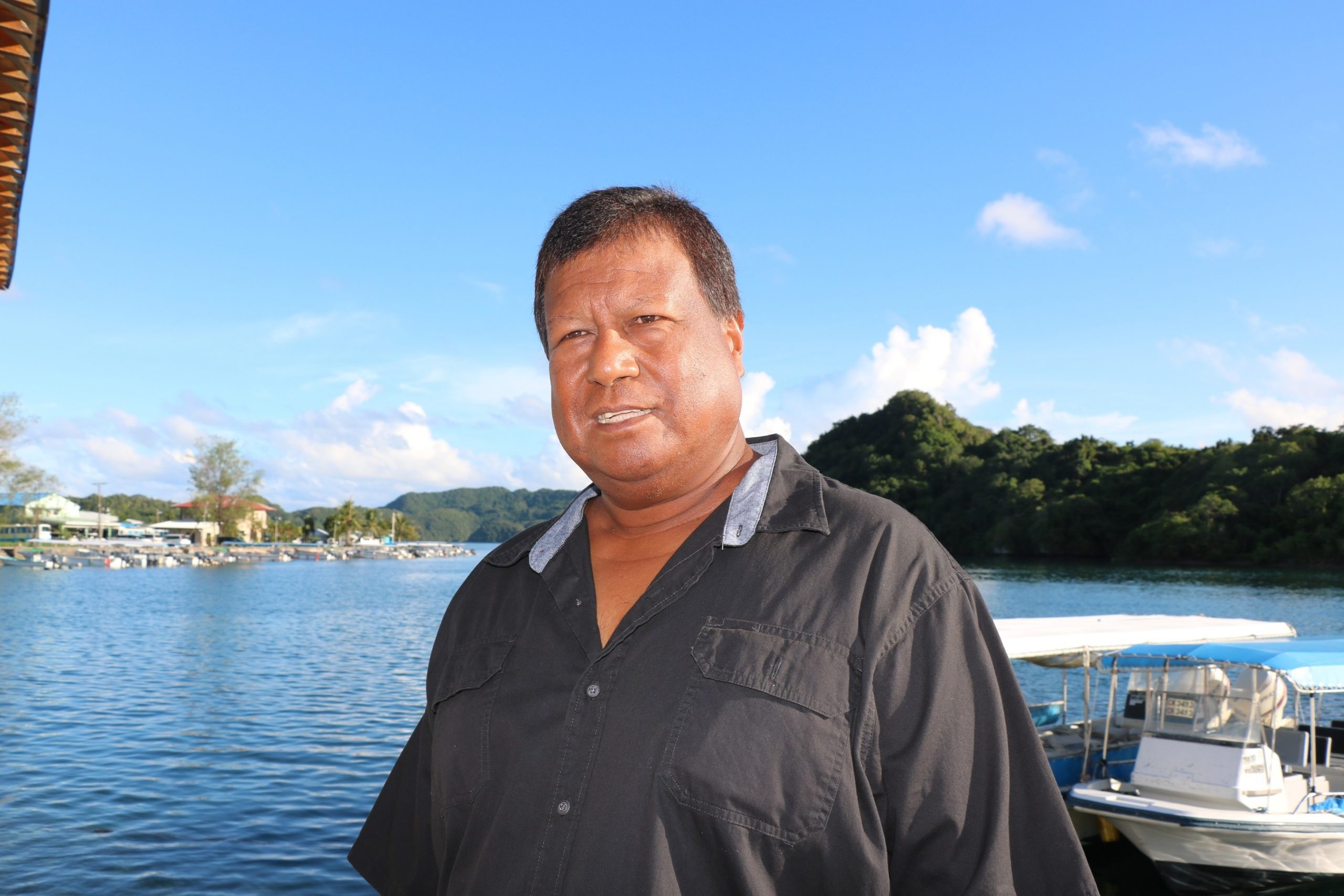It is almost the end of 2020 and Palau has remained one of the handful of countries globally which have not registered a single case since the coronavirus outbreak was designated a pandemic in March.
For Palau’s health Minister Emais Roberts and the frontliners, the secret to success in keeping the virus at bay is thinking ahead, strict quarantine measures and early border closures.
It also helps that Minister Roberts is a practicing surgeon.
“This thing took us all by surprise when it was declared back in March. Thinking back, there were several steps we took even before WHO told us to close our borders.”
Roberts said he took the advice back then of a former classmate that works with the Center for Disease Control (CDC). His classmate pointed out that given Palau’s isolation, lack of resources and small population, it was best to take proactive measures.
“Thinking about it , Palau is very high risk compared to most of these Pacific nations, we have direct flights from China, Korea, Japan and Taiwan, Philippines and Guam. We have multiple entries.”
As early as January, Palau closed its borders to flights from mainland China. By March, flights from Korea, Japan, Taiwan and Philippines to Palau had stopped, as the virus spread globally.
Once its closest neighbour Guam started experiencing a surge in cases, Palau decided it would not accept flights via that route.
Minister Roberts said while the nation is reliant on tourism to spur its economy, Palau didn’t want to wait too long to implement measures to keep the virus out, as he knew keeping the borders open for too long could have had a devastating impact on its people.
“We asked ourselves, sacrifice the economy or the people? We decided that people are more important. We have to secure the people first and then we can always deal with the economy later,” Roberts told Islands Business.
While border closures have impacted tourism, construction of infrastructure for the upcoming ‘Our Oceans’ conference in Palau has spurred the economy.
Roberts said from the start, he urged President Tommy Remengesau Jr. to follow science and not politics. Palau also used Taiwan’s tough approach as a model for COVID restrictions.
Minister Roberts said along with Taiwan, the US, Australia, Japan and other foreign partners, the help of the Palau representative in the United Nations was critical in mobilising COVID-19 test kits, supplies and equipment to be flown to Palau via chartered aircraft.
Palau’s Ambassador Olai Uludong said she worked closely with the Ministry of Health and took their cues from Minister Roberts. “We always trust our doctors,” she said.
Minister Roberts said other essential frontline workers, including not only health workers but also airport workers and police officers, are the unseen heroes who are keeping Palau safe by serving as gatekeepers despite the health risks.
The Commander of Palau’s Emergency Operation Center- COVID-19 Response Incident, Ritter Udui, said their line of work meant they had been preparing for a pandemic. “We all knew that it would happen one day, we just didn’t realise the extent of the pandemic.”
As a result, Palau’s health workers experienced mixed emotions, from being excited, to being anxious, to being scared.
Udui said the National Emergency Committee formed by the government, helped to make sure MOH has also the resources, equipment and facilitates to deal with any COVID-19 cases.
Deputy Incident Commander, Gaafar Uherbelau said at the start of the global outbreak, Palau’s priority was to check the borders and catch the virus to avoid community transmission.
Uherbelau said they also sought to ensure the public knew what restrictions were in place, and how those restrictions would impact the community.
He said also while initial responses from the community had not been all positive, the government leadership was instrumental in amplifying the messages of the health sector and keeping the community in the know.
While Palau is still COVID-free, Minister Roberts, Udui and Uherbelau urged the public not to be complacent and to do their part by staying informed and following government guidelines on hand washing and hand sanitising.
